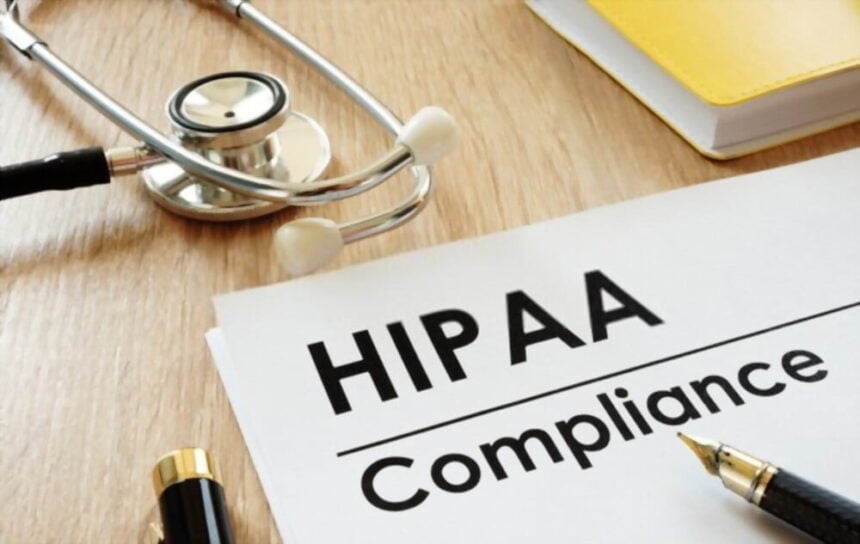Protecting patients’ health information is more important than ever. Healthcare organizations must comply with Health Insurance Portability and Accountability Act (HIPAA). They will face monetary fines and damage to reputations. And while healthcare organizations should take steps to improve their defenses and implement techs to identify breaches as they occur, your healthcare employees also need to help prevents HIPAA violations.
After all, most healthcare privacy violations often occur due to the lack of carelessness of your medical office staff. With that said, there are several ways that you and your medical office staff can ensure HIPAA compliance:
1. Regular Training
The first way to ensure that your medical staff members won’t accidentally violate HIPAA rules is to inform, educate, and train them on HIPAA regulations. Also, when any new information is released, changes are made regarding those regulations, you need to update them.
You can hold HIPAA Training to teach employees all they need to know about the HIPAA Privacy and Security Regulations. Take the necessary time to keep your staff educated on the standards to keep themselves and your organization HIPAA compliant.
2. Never Share Login Credentials
You should provide every medical staff in the office a unique login to get access to sensitive information.
Login information tracks the actions of users, including any activities involving a patient’s health information. If another staff member has your login credentials, then any improper access to a patient’s health record using those credentials will fall on your responsibility.
Thus, it is essential that employees keep these login details private and never share them with anyone, not even with colleagues.
3. Properly Dispose of Paper Files
Most healthcare organizations are now using electronic health records. However, paper documents are still widely used. With that said, if any document with patient’s information is no longer required, then medical staffs need to dispose of them properly.
HIPAA requires all patients’ health information to be rendered indecipherable, unreadable, or unreconstructed. Employees should follow strict rules covering the disposal of this sensitive information and never dispose of these documents in regular trash. Also, staff members should check that all paper health records— original and copies— are disposed of properly.
4. Ensure Privacy
Your staff could violate HIPAA laws in a minor way, as having patient information in plain view who comes and goes into the establishment.
Staff members should always keep patients’ folders closed. Never have appointment calendars openly displayed in patient waiting areas and mobile device screens and computer monitors away from visitors and patients. Every medical employee should have a habit of keeping sensitive information concealed.
5. Enable Firewalls and Encryption
Medical staff members rely on their mobile devices at work.
Perhaps the most common HIPAA violation is when mobile devices with patient health information have been stolen, lost, or affected by a virus. Employees should keep their mobile devices secure and out of the wrong hands. But accidents may still happen.
Thus, your medical staff should also have firewalls, encryption, and virus protection on their work devices, especially mobile devices. You can enable these security precautions on every work device in your facility while lending it out for employee use. There is software that allows remote wiping and locking devices if stolen or lost. Aside from that, ensure that your employees are keeping these technologies up to date.
6. Use Social Media Wisely
Social media has become a part of our lives and changed how we communicate with each other. More people spend more time messaging on Facebook, sharing how their day is going via Instagram, or sending Tweets. With that said, increased social media usage can also increase the likelihood of your employees violating HIPAA.
Your healthcare organization can be penalized if a staff member posts something sensitive or share even a tidbit of information, even if by accident. Thus, organizations and their staff member should be careful when using social media.
Your employee should be reminded not to post any picture or text on matters from the workplace using social media or even in their blog. You can help them by implementing company rules in terms of social media usage.
Conclusion
Ultimately, a single mistake from one of your medical office staff members can cost your healthcare organizations thousands of fines and reputational damage.
In the end, the medical facilities enforcing the highest level of HIPAA compliance with every staff member can ensure that they continue to have the best reputation and rapport with patients.

